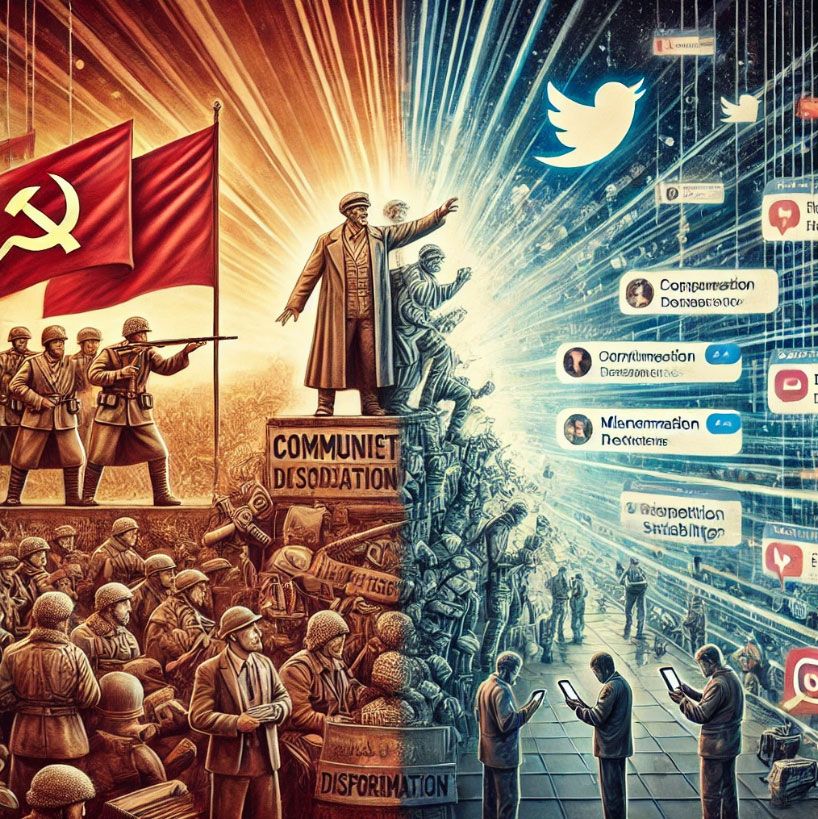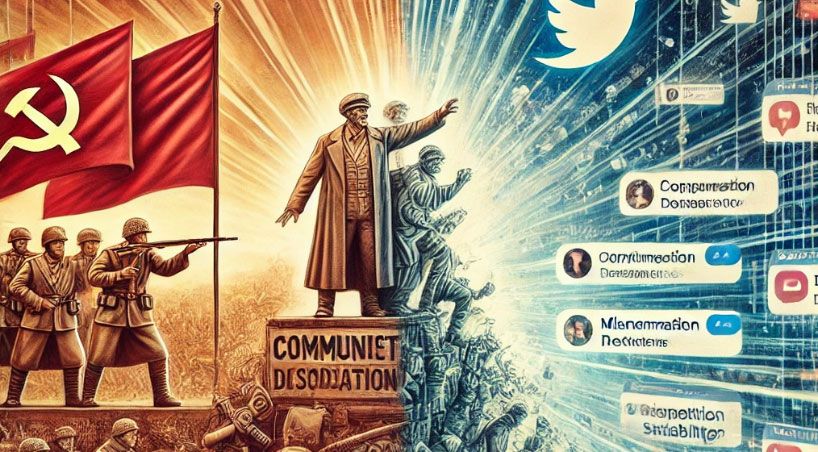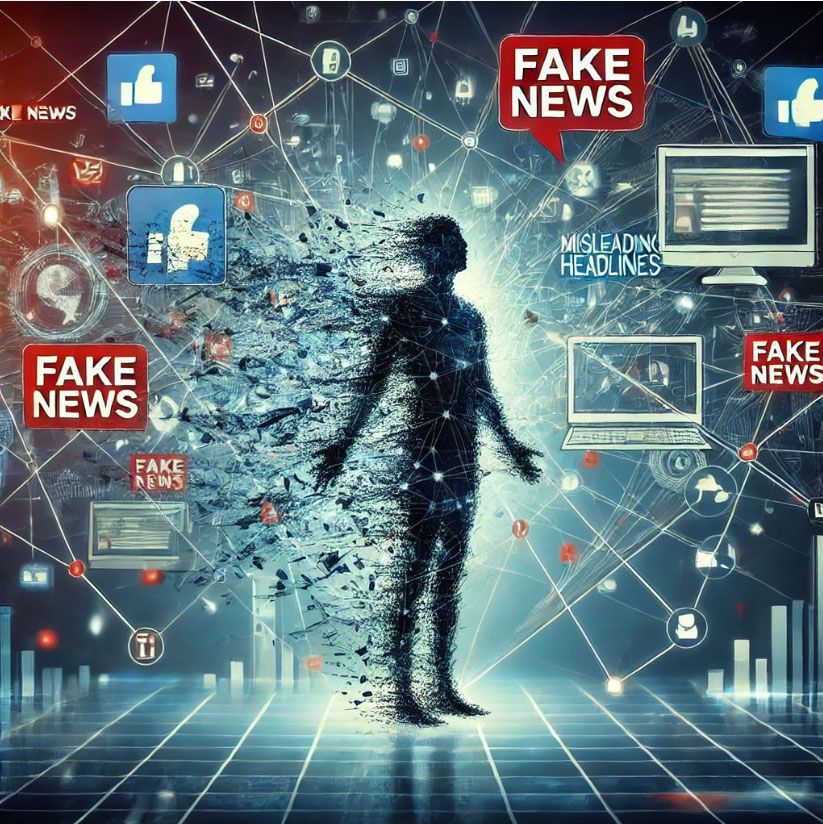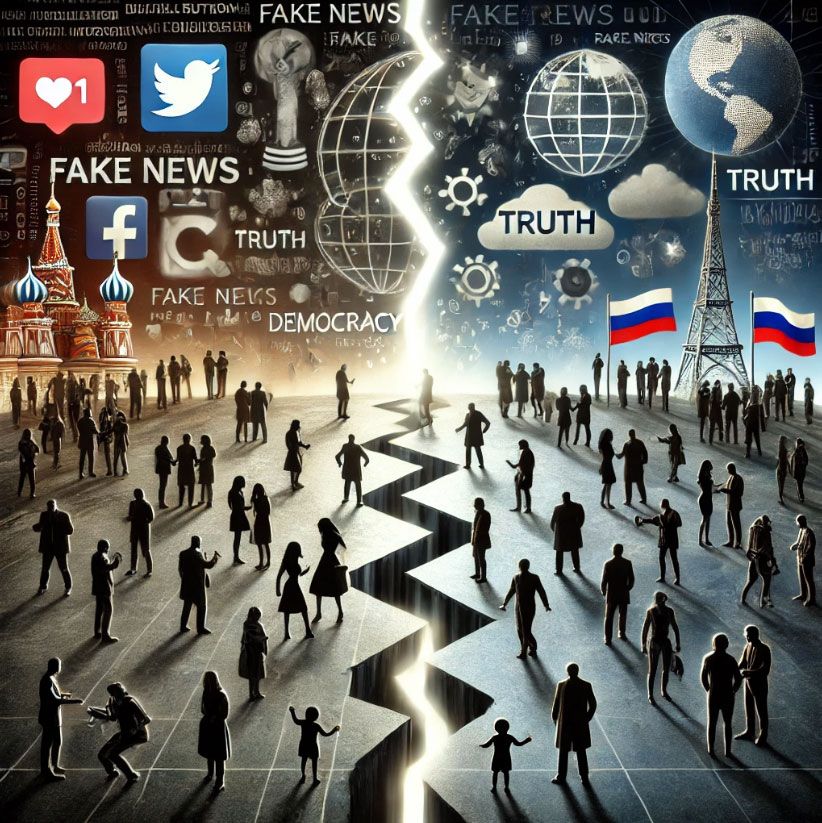I. Introduction
Placing inept or compromised individuals in positions of power is a tried-and-tested strategy for undermining governance. During the Soviet era, Moscow installed loyal but often ineffective leaders in occupied territories to ensure their dependency and suppress dissent.
Today, Russia employs a similar tactic, fostering chaos agents and divisive politicians in democracies worldwide to weaken institutions from within.
This continuity in strategy highlights the adaptability of disinformation campaigns to exploit societal and technological vulnerabilities, posing a persistent challenge to global stability.
II. Soviet-Era Tactics: Weak Leaders for Strong Control
The Soviet Union’s approach to consolidating control over its satellite states after World War II relied heavily on installing loyal, ideologically rigid leaders.
These individuals, often chosen for their allegiance rather than their competence, were instrumental in maintaining Soviet dominance but left their countries plagued by inefficiency and unrest.
- Historical Context: The immediate post-war years saw the USSR expand its influence over Eastern Europe, creating the Eastern Bloc. Leaders were handpicked to implement Moscow’s policies without question, often selected based on their unwavering loyalty to Soviet ideology and their lack of independent political ambition. Historical records, such as declassified Soviet archives and analyses by the Wilson Center, reveal that the Kremlin favored individuals with proven allegiance over administrative competence, ensuring that they would prioritize Kremlin directives over national interests and remain reliant on Soviet support to maintain power.
- Key Examples:
- Hungary (Mátyás Rákosi): Known as “Stalin’s best pupil,” Rákosi implemented policies such as forced collectivization of agriculture, which displaced farmers and reduced food production, and the nationalization of industry, leading to inefficiency and corruption. These measures alienated the population, triggered widespread economic hardship, and solidified Hungary’s dependence on Soviet aid for economic survival.
- Czechoslovakia (Klement Gottwald): A staunch Stalinist who prioritized Soviet interests, Gottwald’s leadership stifled economic and political progress by implementing policies such as forced collectivization and the nationalization of industry, which disrupted traditional economic structures and led to widespread inefficiency. Additionally, his crackdown on political dissent created an atmosphere of fear and stagnation, further hampering Czechoslovakia’s overall growth and innovation.
- Romania (Gheorghe Gheorghiu-Dej and Nicolae Ceaușescu): Romania’s trajectory under Soviet influence provides a stark illustration of Moscow's control mechanisms. Gheorghiu-Dej, one of the USSR's initial appointees, implemented policies such as forced collectivization and heavy industrialization, which aligned with Soviet economic models but caused widespread hardship. His loyalty to Moscow secured Romania’s integration into the Eastern Bloc despite domestic resistance. Nicolae Ceaușescu, who succeeded Gheorghiu-Dej, initially appeared more independent but maintained many Soviet-style policies that entrenched inefficiency and repression. His megalomania and incompetent economic decisions, such as the massive debt-financed industrial projects like the House of the People (Palatul Parlamentului) and strict austerity measures to repay foreign debt, caused severe food shortages, energy blackouts, and widespread poverty by the late 1980s. Reports from organizations like Amnesty International highlighted the humanitarian toll of his policies during this period.
- Mechanisms of Control:
- Suppression of local leadership talent to prevent the rise of potential challengers.
- Creation of bureaucracies that rewarded loyalty over competence, ensuring inefficiency.
- Heavy reliance on Soviet advisors to direct critical decisions.
- Impact:
- Economic stagnation and social unrest became hallmarks of these regimes.
- The suppression of dissent bred resentment, culminating in uprisings like the Hungarian Revolution of 1956.
Sources: RAND Corporation, Wilson Center
III. Modern Chaos Agents: The Global Disruption Playbook
In today’s interconnected world, the tactics of destabilization have shifted from installing puppet leaders to promoting chaos agents.
These individuals, often unqualified or polarizing, disrupt democratic systems from within, creating fertile ground for foreign influence.
- Strategy:
- Exploiting political polarization to elevate extreme or divisive figures.
- Amplifying incompetence to erode trust in governance.
- Key Examples:
- United States (2016 Elections): Russian interference amplified divisive rhetoric and bolstered fringe political actors, such as candidates who embraced nationalist or extremist positions. For example, during the 2016 U.S. elections, campaigns spread by Russian troll farms targeted minority groups with tailored messaging designed to suppress voter turnout while simultaneously promoting polarizing figures like Jill Stein to siphon votes from major candidates. These efforts sowed widespread distrust in democratic processes. For example, targeted misinformation campaigns by Russian operatives encouraged voter apathy among minority groups by spreading false claims about polling locations and voting requirements. Simultaneously, divisive narratives were promoted to exacerbate tensions on sensitive issues such as immigration and racial inequality, further polarizing the electorate and diminishing trust in the electoral system. Source: Senate Intelligence Committee Report
- Western Europe: Financial and informational support for populist parties, such as France’s National Rally and Italy’s Five Star Movement, undermines centrist politics. Source: European Council on Foreign Relations
- Global South: In Africa and Latin America, Russia supports leaders who adopt anti-Western stances, often creating long-term governance challenges. Source: Chatham House
- Mechanisms:
- Social Media Manipulation: Troll farms, bots, and fake accounts spread misinformation to amplify chaos agents. For example, the Internet Research Agency (IRA) in Russia orchestrated campaigns during the 2016 U.S. elections, creating thousands of fake social media accounts to post inflammatory content and promote divisive rhetoric, further polarizing the electorate.
- Disinformation Campaigns: Using deepfakes and conspiracy theories to tarnish credible candidates and promote divisive ones.
- Impact:
- Weakening democratic norms and institutions.
- Diverting attention from substantive governance issues to manufactured crises.
IV. Societal Impact
The promotion of chaos agents and incompetent leaders has far-reaching consequences for societies and global stability.
- Short-Term Gains for Foreign Actors:
- Democracies weakened by internal divisions are less likely to counter external threats.
- Distracted governments struggle to respond effectively to global challenges.
- Long-Term Damage:
- Loss of trust in democratic institutions and processes. Beyond the United States, countries like Brazil experienced similar challenges during their 2018 elections, where disinformation campaigns on WhatsApp spread false allegations about candidates, eroding public confidence in the electoral process. Similarly, in France, targeted efforts during the 2017 presidential elections sought to undermine trust in Emmanuel Macron’s candidacy through leaked documents and fake news stories. These global examples underline the widespread nature of this trend. For instance, a Gallup poll in 2021 revealed that confidence in the U.S. Congress had dropped to a historic low of 12%, highlighting the erosion of public trust in governance.
- Difficulty in addressing systemic issues such as climate change and economic inequality.
Examples:
- United Kingdom (Brexit): Russian disinformation campaigns were implicated in fostering divisive narratives during the Brexit referendum. Source: UK Parliament Report
- United States (Polarization): Deepening divisions have made bipartisan governance increasingly rare. For example, a 2022 study by the Pew Research Center found that 78% of Americans believe the country is more politically divided now than ever, illustrating the extent of polarization. Source: Pew Research Center
V. Lessons from the Past: Countering Modern Disruption
Understanding historical and modern tactics is essential to counter foreign interference effectively.
- Historical Lessons:
- Resistance movements in Eastern Bloc countries demonstrated the importance of grassroots organization and solidarity. These lessons are highly relevant today, as grassroots movements can serve as a counterbalance to disinformation by fostering community-level engagement and resilience. For example, modern initiatives could mirror the decentralized organizing of Eastern Bloc resistance groups, using digital tools to connect communities and promote fact-checking networks. Encouraging civic participation and empowering local leaders to act as information stewards can help combat the spread of false narratives. A prominent example is Poland’s Solidarity movement, which began as a trade union and evolved into a powerful anti-communist force. Its emphasis on unity and nonviolent resistance eventually contributed to the fall of communist rule in Poland and inspired similar efforts across the region.
- Education and awareness helped citizens recognize and resist Soviet propaganda.
- Modern Solutions:
- Media Literacy: Teaching individuals to critically evaluate information reduces susceptibility to disinformation.
- Transparency in Campaign Financing: Exposing foreign influence in political funding undermines covert support for chaos agents.
- International Cooperation: Democracies must collaborate to develop norms and frameworks to counter disinformation. These could include establishing international agreements to hold state and non-state actors accountable for spreading false information, creating independent oversight bodies to monitor and flag disinformation campaigns, and promoting cross-border sharing of best practices in cyber defense. Additionally, fostering transparency in digital platforms by requiring them to disclose algorithms and combat bot-driven activity could greatly reduce the spread of false narratives. Implementation would require coordinated global action, combining legal reforms with technological innovation.
Sources: Atlantic Council, NATO Strategic Communications Centre of Excellence
VI. Conclusion
From Soviet-era puppet leaders to modern chaos agents, the strategy of promoting incompetence and division remains a powerful tool for undermining stability. As history illustrates, the consequences are profound: weakened institutions, fractured societies, and diminished global cooperation.
To combat this enduring threat, democracies must learn from the past, invest in resilience, and champion transparency and media literacy.
The stakes are high, but with coordinated effort, the tide of disruption can be turned.
Join us!















